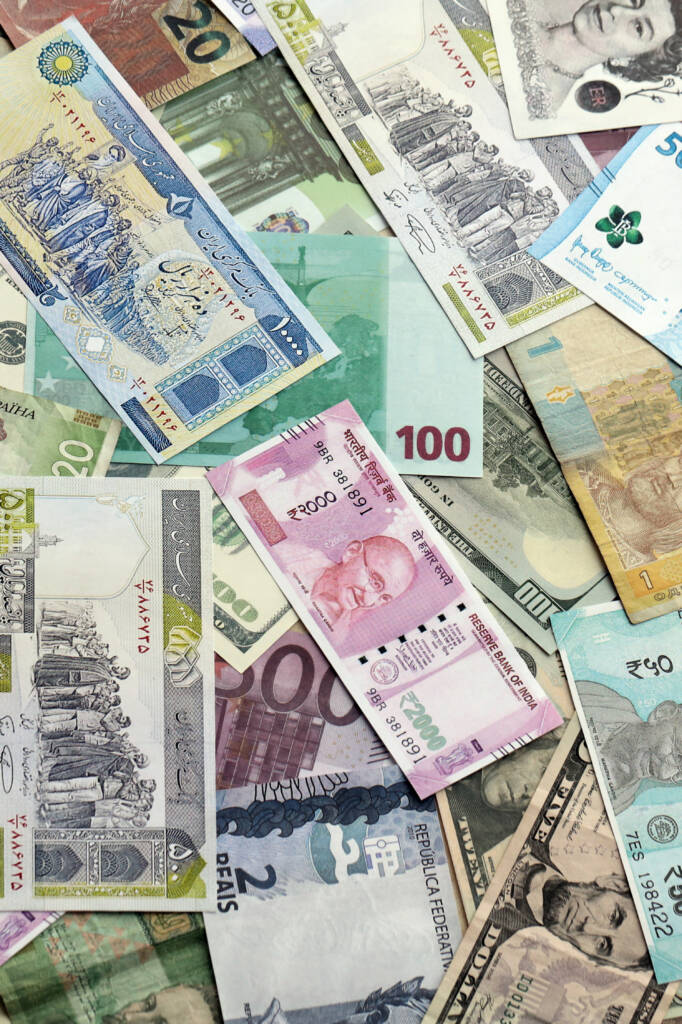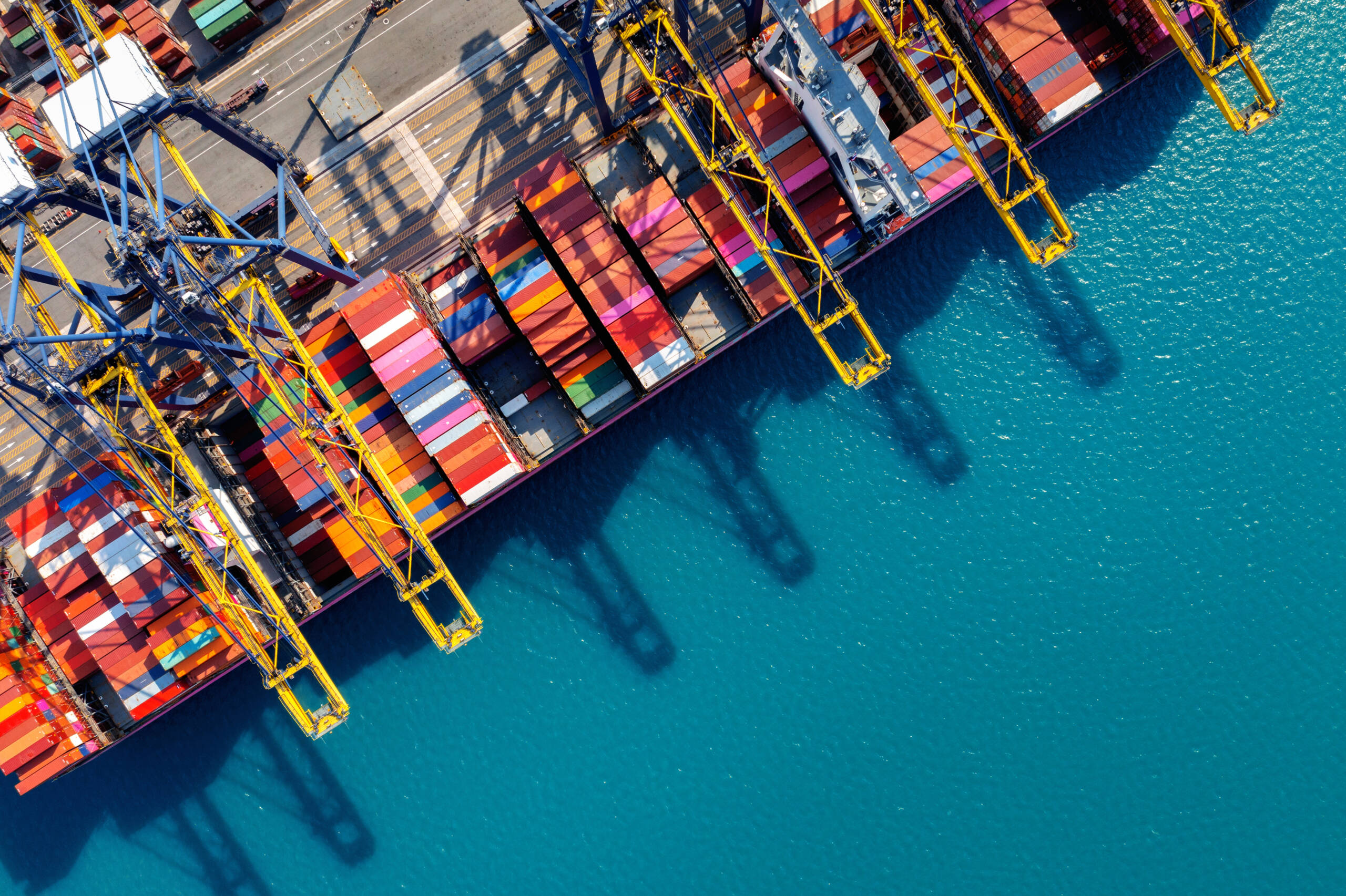The Global Aspect of Trading
Trading has always been a fundamental part of human civilization, evolving from simple barter systems to complex international markets. In today’s interconnected world, global trading plays a crucial role in economic development, innovation, and cultural exchange. This article explores the various dimensions of global trading, its impact on economies, and the challenges and opportunities it presents..
The Evolution of Global Trade
Early Trade Routes and Their Impact
Trade routes such as the Silk Road and the Trans-Saharan trade network were instrumental in exchanging goods, ideas, and cultures across continents. These early trading systems laid the foundation for modern international trade, fostering connections between distant regions and promoting economic and cultural development.
The Age of Exploration and Colonial Trade
The Age of Exploration in the 15th and 16th centuries marked a significant expansion of global trade. European explorers established sea routes to the Americas, Africa, and Asia, exchanging goods like spices, textiles, and precious metals. However, this period also saw the rise of colonial exploitation and the transatlantic slave trade, highlighting the darker aspects of global commerce.
The Industrial Revolution and Modern Trade
The Industrial Revolution transformed global trade by introducing new manufacturing processes and technologies. This era saw a surge in the production of goods and a corresponding increase in international trade. The development of steamships and railroads further facilitated the movement of goods across the globe, leading to the growth of global markets and the rise of multinational corporations.
The Mechanisms of Global Trade
Trade Agreements and Organizations
Global trade is governed by a network of trade agreements and international organizations. Agreements such as the North American Free Trade Agreement (NAFTA) and the European Union’s Single Market aim to reduce trade barriers and promote economic cooperation. Organizations like the World Trade Organization (WTO) and the International Monetary Fund (IMF) play critical roles in regulating trade policies and resolving disputes between countries.
Import and Export Dynamics
The flow of goods and services between countries is characterized by imports and exports. Imports refer to goods and services brought into a country, while exports are those sold to foreign markets. A country’s trade balance, which is the difference between its exports and imports, can significantly impact its economy. A positive trade balance (trade surplus) indicates that a country exports more than it imports, while a negative trade balance (trade deficit) suggests the opposite.
The Impact of Global Trade on Economies
Economic Growth and Development
Global trade can drive economic growth by providing access to new markets, resources, and technologies. Countries that engage in international trade often experience higher rates of economic development and improved standards of living. For example, countries like China and South Korea have achieved rapid economic growth through their integration into the global trading system.
Job Creation and Innovation
Trade can also lead to job creation and innovation. By opening up markets, businesses can expand their operations and hire more workers. Additionally, exposure to global competition encourages companies to innovate, improving their products and services. This dynamic can lead to technological advancements and increased productivity.
Challenges and Inequalities
Despite its benefits, global trade can also pose challenges and exacerbate inequalities. Developing countries may struggle to compete with more advanced economies, leading to trade imbalances and economic dependency. Furthermore, globalization can lead to job losses in industries that cannot compete with foreign imports, contributing to social and economic inequalities within countries.
Challenges and Opportunities in Global Trade
Trade Barriers and Protectionism
Trade barriers such as tariffs, quotas, and subsidies can hinder global trade. While these measures are often used to protect domestic industries, they can lead to trade disputes and reduced economic efficiency. In recent years, there has been a resurgence of protectionist policies, raising concerns about the future of global trade cooperation.
Technological Advancements
Technological advancements are reshaping global trade in profound ways. Innovations in logistics, communication, and manufacturing are making it easier and more cost-effective to trade goods and services across borders. The rise of e-commerce and digital platforms has also created new opportunities for businesses to reach global markets.
Sustainability and Ethical Trade

The global aspect of trading is a complex and dynamic phenomenon that has shaped human history and continues to influence the modern world. While it offers significant opportunities for economic growth and cultural exchange, it also presents challenges that require careful management and cooperation. By understanding the mechanisms, impacts, and evolving trends in global trade, we can better navigate its complexities and harness its potential for a more prosperous and equitable world.



